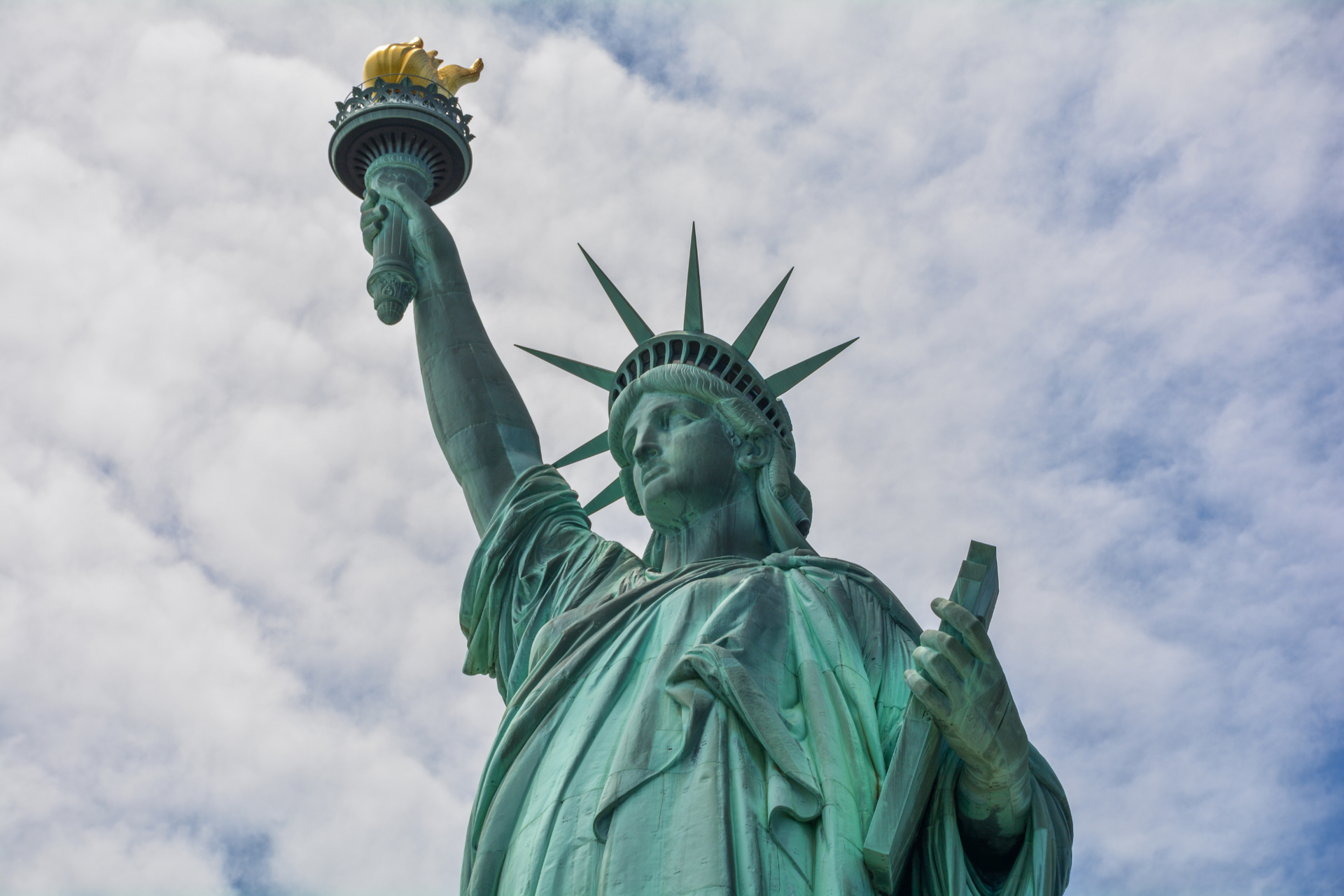The official results of the 2017 plebiscite have been filed.
- Statehood received 97.13% of the votes cast.
- Free Association/ Independence received 1.52% of the vote.
- The current territorial status received 1.35% of the votes.
“Therefore,” wrote Maria Santiago Rodriguez, Chairwoman of the Puerto Rico State Elections Commission, “it is the legitimate expression of a majority of United States citizens of Puerto Rico that a process of transition into, and proclamation of Statehood immediately begins.”
“These results constitute the legitimate expression of self-determination of a majority of United States citizens of Puerto Rico,” the document announces. “Furthermore, these results meet the conditions imposed by the U.S. Congress and the President of the United States upon the approval of Public Law 113-76, ‘Consolidated Appropriations Act, 2014’; the corresponding Congressional report on said Federal law, and the position of the U.S. Department of Justice as stated on April 13, 2017. Any other interpretation of these results would be contrary to the rights of a majority of United States citizens of Puerto Rico who cast a valid vote in accordance with the law, and the case law of the Supreme Court of Puerto Rico.”
The official results have been sent to Puerto Rico Governor Ricardo Rossello, Resident Commissioner Jenniffer Gonzalez-Colon, and to the Legislative Assembly and the Secretary of State of Puerto Rico.
Puerto Rico will be sending a bipartisan Statehood Commission to Washington to urge Congress take the next steps toward statehood for Puerto Rico.
Following a referendum on statehood, a territory that seeks to become a state must petition Congress for statehood. Congress, including both the House and the Senate, must pass a joint resolution admitting the territory as a state. This requires a simple majority.
The process can be more complex. Some territories in the past have been rejected by Congress until they took certain actions. For example, Utah had to pass a law making polygamy illegal before they could be admitted. Other territories have had to pass a constitution — which Puerto Rico has already done — or to reach a certain population.
Puerto Rico, in spite of recent population losses, has well over the 60,000 which has been required in the past.
Read the full certification document in English and in Spanish.



Pingback: Puerto Rico: The Case for a State | Lone Conservative
Pingback: OPINION: Congress Should Admit DC and Puerto Rico as States of the Union